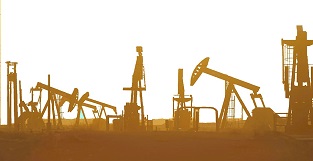NEW YORK (Reuters) - Oil prices tumbled on Monday, with the U.S. crude futures contract plunging more than 40% to its lowest level since 1986, as investors worried about lack of storage and German and Japanese data indicated a bleak global economy.
Cambodia’s rubber export has increased 10 percent in the first quarter of this year compared with the same period last year, but the price of the commodity showed a slight decrease, according to a report from Ministry of Agriculture, Forestry and Fisheries.
KOCHI: Though the Centre and state government relaxed the norms for plantation crops during the nationwide lockdown, rubber farmers and dealers across the state said the Covid-19 outbreak had already hit domestic rubber production. As per available statistics, rubber cultivation was carried out in 5.51 lakh hectares in 2018 with an annual production of 5.4 lakh tons. This year, the tapping season ended in February and was about to resume by March-end when the pandemic hit, leading to the lockdown. Now, most rubber farmers who kept stocks ready for sale during the off-season are facing severe financial crunch as many retailers are not ready to procure rubber.
A gruesome combination of crumbling demand for crude and global storage filled to its brim has pushed oil prices to levels not seen in over two decades.
Asia Pacific stocks were mixed in Monday morning trade as China cut its benchmark lending rate.
SINGAPORE (Reuters) - Crude oil futures fell on Monday, with U.S. futures touching levels not seen since 1999, extending weakness on the back of sliding demand and concerns that U.S. storage facilities will soon fill to the brim amid the coronavirus pandemic.





